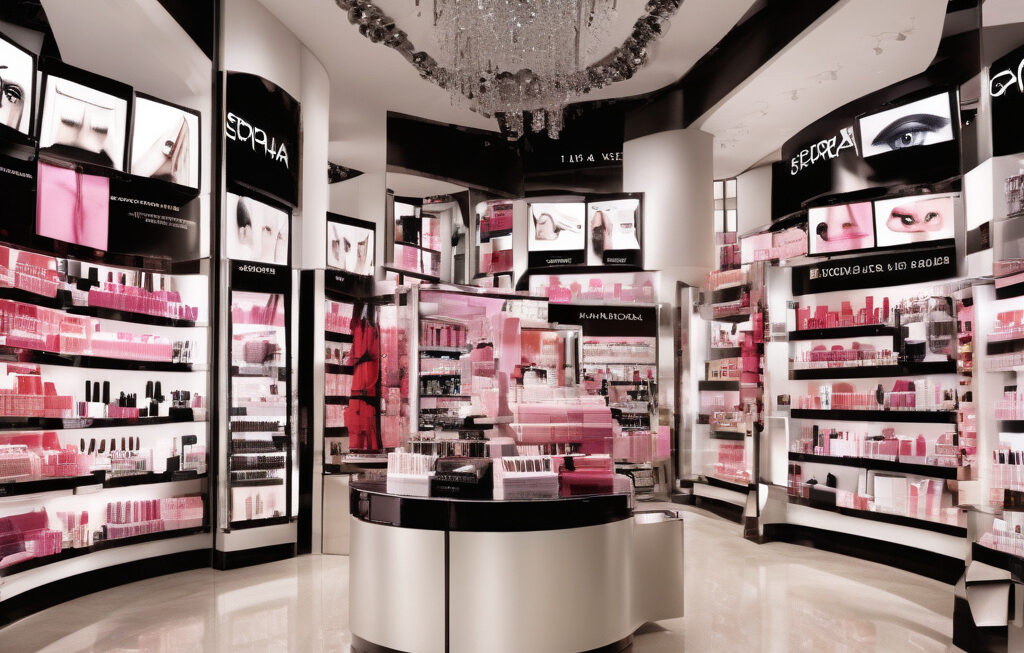Estée Lauder Companies, L’Oréal Suffer as China Duty-Free Spend Continues to Fall
The allure of the Chinese travel retail market has long been a beacon of hope for global beauty conglomerates like Estée Lauder Companies and L’Oréal. With the influx of Chinese tourists seeking luxury goods at duty-free shops, these companies positioned themselves to capitalize on this lucrative opportunity. However, recent trends indicate a stark shift in the market dynamics, leaving industry giants grappling with declining sales and changing consumer behaviors.
The once-promising landscape of China’s duty-free market has hit a roadblock, with little signs of immediate recovery in sight. The ongoing impact of the global pandemic, coupled with geopolitical tensions and economic uncertainties, has significantly dampened the enthusiasm for travel and luxury shopping among Chinese consumers. As a result, beauty brands heavily reliant on duty-free spend are now forced to reassess their strategies and adapt to the evolving market conditions.
Estée Lauder Companies, known for its premium skincare and makeup offerings, has been particularly vulnerable to the downturn in China’s duty-free sector. The company, which once thrived on the influx of Chinese travelers splurging on beauty products at airport boutiques, is now facing a challenging reality of reduced foot traffic and subdued consumer demand. As a response, Estée Lauder has been compelled to scale back promotions and rethink its marketing approach to navigate the turbulent waters of the Chinese retail landscape.
Similarly, L’Oréal, another beauty behemoth with a strong presence in the Chinese market, is experiencing the ripple effects of the declining duty-free spend. The French cosmetics giant, known for its diverse portfolio of brands catering to different consumer segments, is now confronted with the need to recalibrate its growth strategies in China. By focusing on digital innovation, personalized marketing, and product localization, L’Oréal aims to regain its competitive edge and reignite consumer interest in a challenging retail environment.
The shifting dynamics of the Chinese duty-free market serve as a wake-up call for beauty companies worldwide, signaling the importance of diversification and resilience in the face of unpredictable market forces. As the industry navigates through these uncertain times, agility and innovation emerge as key drivers of success for brands looking to thrive in a post-pandemic world. By leveraging data analytics, consumer insights, and strategic partnerships, beauty companies can position themselves for long-term growth and sustainability in a rapidly evolving marketplace.
In conclusion, the struggles faced by Estée Lauder Companies and L’Oréal in the wake of China’s faltering duty-free spend underscore the need for adaptability and foresight in an ever-changing business landscape. By embracing digital transformation, consumer-centric strategies, and a proactive approach to market challenges, beauty brands can weather the storm and emerge stronger on the other side.
Estée Lauder Companies, L’Oréal, China, Duty-Free, Beauty Industry












